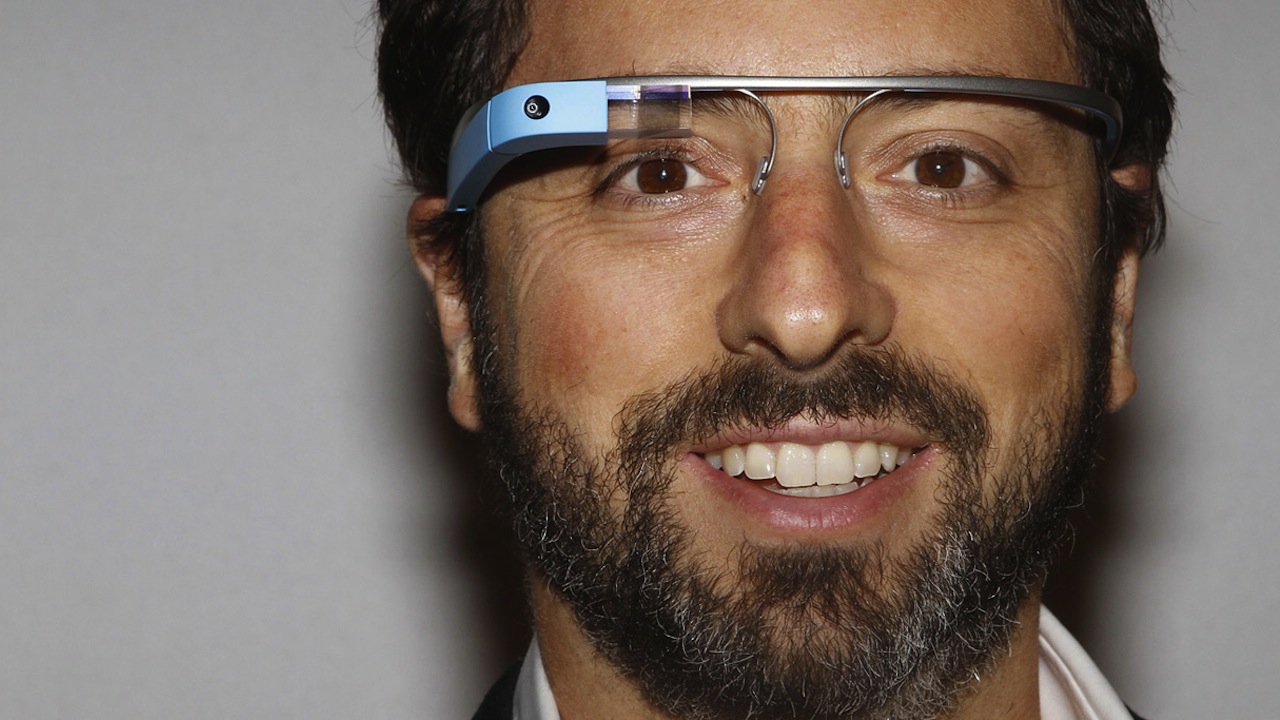According to its creator, someday soon, a forthcoming device called PND Wearable will scan your brain throughout the day and deliver advertising that’s custom-suited to your present mood. By monitoring your mental activity and comparing it to location data from Google Glass, PND will be able to tell how you’re feeling and how you might respond to a certain type of marketing.
The ads you’ll be served are so personalized, PND chief technology officer Tony Gaitatzis says, they are “no longer advertising.” You know, kind of like how the KFC Double Down sandwich is so good that it makes you call into question the very boundaries of sandwichdom, or something. Moving on.
As Gaitatzis explained to Dezeen, PND also stores a trove of data about your daily mood and can share it with other apps:
This is really exciting. The PND Wearable transmits data to your mobile phone. You have to have an app that reads that data and processes it, then you can send it to the cloud. The utility of the app is pretty much up to your imagination and whatever algorithms you’re capable of making to analyze what’s happening in someone’s brain.
Our cloud backend is really interesting because it allows for a couple of really awesome things. One is that it allows for data sharing between apps. The user has to also allow this, so if there is data that the user feels is sensitive – maybe it’s a health monitoring app and they don’t want their insurance company to find out about whatever, they don’t have to share the data, but if they want to share the data with this tool – this data tool – then other apps they use has access to data about their brain.
How, precisely, does this play into ads?
let’s say a person goes Barclays everyday. Maybe geolocation recognizes this, and maybe it’s time to start advertising Barclays to them. But they hate Barclays, so every time they are there you find that they are in a really sour mood, so maybe you want to advertise something else to them. Maybe you want to advertise the competition.
The only question then for PND, then — as with other technologies of a similar ilk — is why any rightminded person would actually buy it and wear it.


